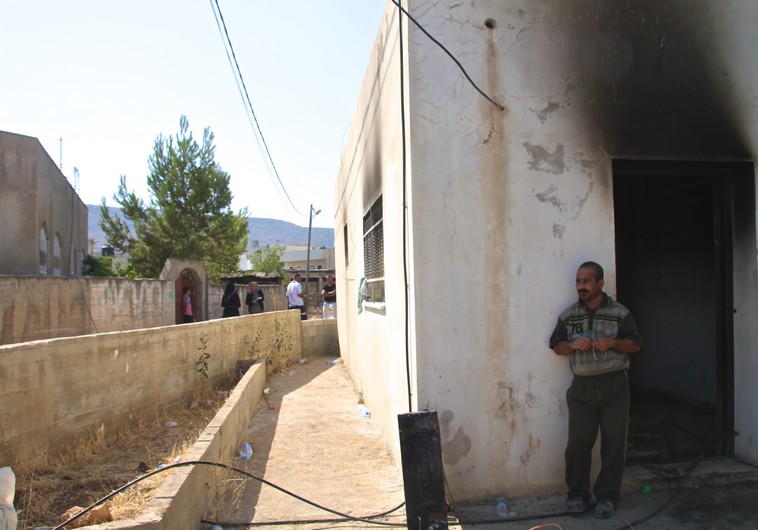Reflections: A Jewish response to hatred and violence
"In order for our society to be able to plead innocence, we must do everything possible so that these despicable acts will not be repeated."
 The Dawabsha family home in Duma, July 2015(photo credit: TOVAH LAZAROFF)
The Dawabsha family home in Duma, July 2015(photo credit: TOVAH LAZAROFF)